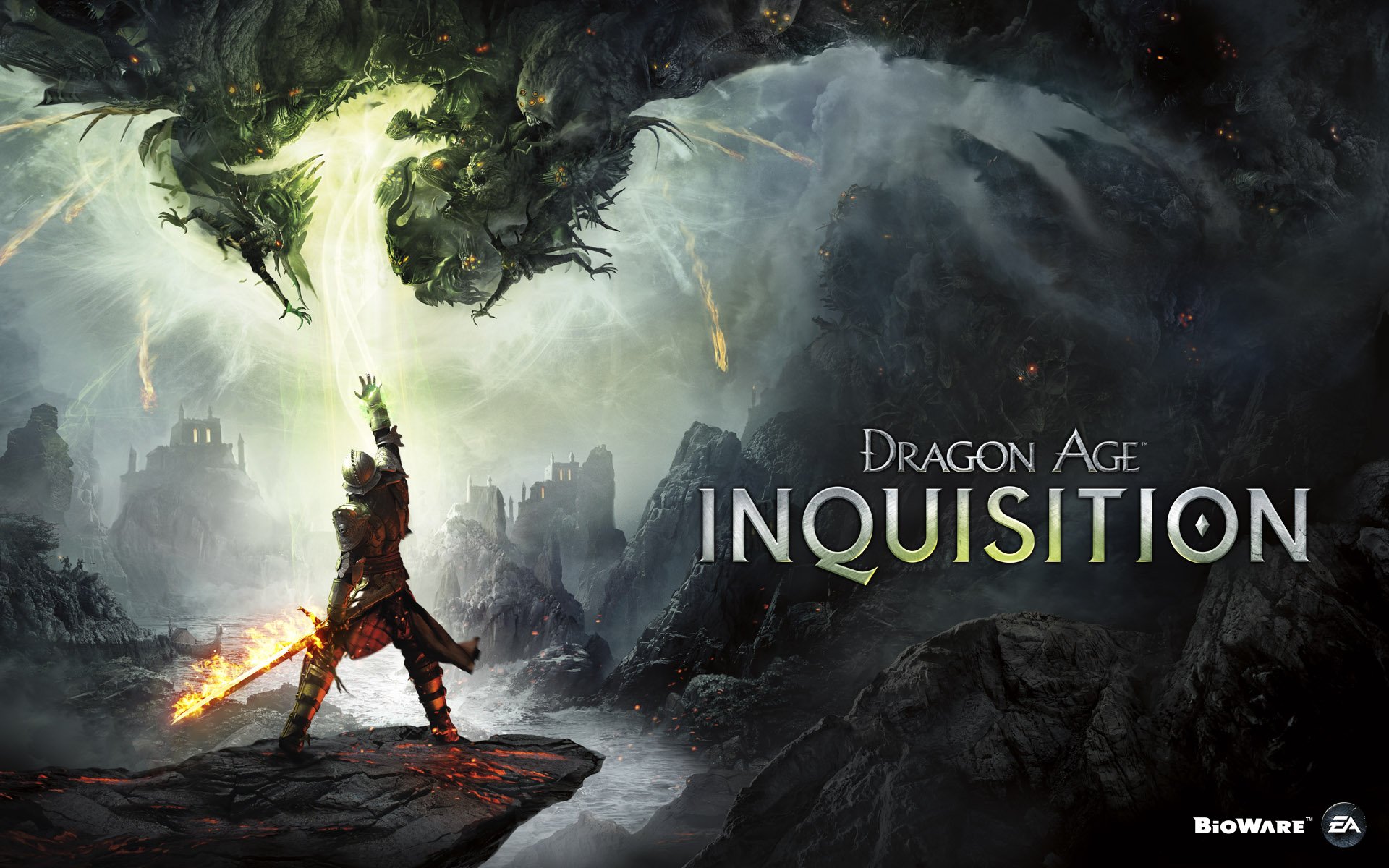No spoilers, impressions only.
Pirates of the
Caribbean has been around for a while now.
The first movie, Curse
of the Black Pearl, took the world by storm back in 2003. There was an
ancient curse, undead pirates, swashbuckling action split between the tropics
and the high seas, a pair of heroic young lovers-to-be. And it birthed one of
Johnny Depp’s most famous roles: the iconic Captain Jack Sparrow.
The second and third films made an epic trilogy. The
stand-alone fourth was less well-received. Now, a good six years later, the
fifth instalment attempts to reinvigorate the franchise. Does it succeed?
Well, no. Not really.
It’s hard not to see Salazar’s
Revenge – Dead Men Tell No Tales in
North America – as a rehashing of old elements. Everything I said up top? It’s
in there. Only now it all feels rather tired. Jack Sparrow used to be drunk but
savvy, an unpredictable wild card. Now he’s just drunk. Mister Gibbs is still
Jack’s loyal first mate, Pintel and Ragetti still the comic relief. Then there’s
Barbossa. Villain, plot twist, reluctant ally, deuteragonist. Jack’s nemesis has
played a lot of roles over a lot of movies. Maybe it’s the wig he’s wearing
this time around, but Barbossa definitely feels old.
But let’s focus on the new faces. Salazar’s Revenge follows young Henry Turner on his quest to lift
the curse of Davy Jones from his father, Will Turner. Not a spoiler, you find
out within the first five minutes. Joining him is Carina Smyth, a headstrong young
woman on a mission of her own. Their pairing is one of faith versus science.
Henry lives and breathes myths and legends, Carina logic and rational pursuits.
Henry is a generic nice guy. Carina’s condescending attitude gets old fast.
Maybe it’s just a coincidence after the last movie I saw, Guardians of the Galaxy Vol. 2 – which
was excellent, I fully recommend that one. But I found it a little much that in
this movie, both the hero and heroine
have daddy issues.
They’re not bad, really. I just found it hard to care about
them.
Captain Salazar and his merry band, on the other hand, are
great. First there was Barbossa’s skeletal crew, then Davy Jones’s
coral-encrusted monstrosities. This is the third set of undead pirates thus far.
Yet their ghostly style feels fresh. Their ruined ship, the Silent Mary, is awesome. Salazar’s hair
drifting without wind is a nice touch. The villains, at least, get points for
originality.
They can’t carry the story by themselves, though.
This movie has pacing problems. The first act drags, the
second fails to build momentum, and the third feels rushed as a result, as
though we’ve stumbled into the climax. It was a fair ending. But despite the
action, much of the first half left me bored.
The fifth instalment attempts to return to the series’
roots, while also carrying the story forwards. There are numerous throwbacks to
the original trilogy. But it feels like the Pirates
franchise is past its prime. Even the post-credits scene was more
irritating than exciting. It’s only more of the same.
I hate to say it, but maybe it’s time the dead men stayed
dead.
Salazar’s Revenge is
a fair action/comedy. I’d still recommend it for pure entertainment value. Just
don’t expect too much. I can’t see this being anyone’s movie of the year.



























